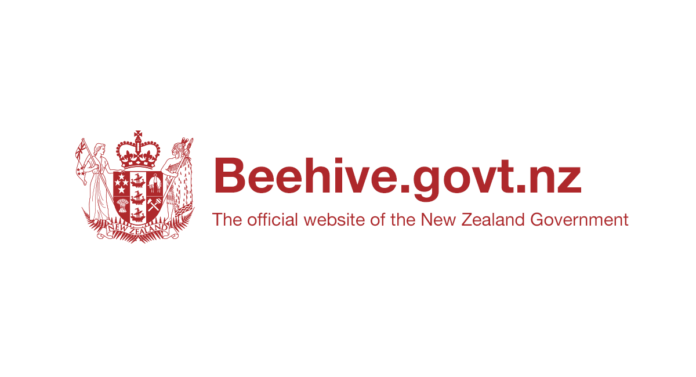Source: New Zealand Government
- Northland to move to Orange
- Rest of New Zealand stays at Orange in preparedness for Omicron
- All of New Zealand to move into Red in the event of Omicron community outbreak – no use of lockdowns
- Govt planning well advanced – new case management, close contact definition and testing rules that are fit for purpose for Omicron are being finalised, and include plans to support business continuity
Northland will move to Orange at 11:59pm tonight, 20 January 2022, while the rest of New Zealand will remain at Orange as the Government prepares for Omicron to enter the community.
“Vaccination rates have continued to increase in Northland and are now at 89 percent first dose. The easing of the Auckland boundary over summer did not drive an increase in cases so we believe it is safe for Northland to join the rest of the country at Orange,” Prime Minister Jacinda Ardern said.
“We won’t be able to stop Omicron entering the community, but we can use tools to try and slow it down. We need to be on guard, and ready so that is why the country will remain at Orange on an Omicron preparedness setting.
“New Zealand has done an incredible job in reducing Delta case numbers especially in light of the Auckland boundary lifting last month and holiday travel. By staying at Orange we will be able to hold onto these gains while we continue to make preparations for Omicron.
“We’re also confirming today that when we have evidence of Omicron transmitting in the community we won’t use lockdowns, instead the whole country will move into Red within 24 to 48 hours.
“We know from other countries it can take as little as 14 days for Omicron cases to grow from the hundreds into the thousands. The Red setting allows businesses to remain open and domestic travel to continue, but includes mask wearing and gathering restrictions to help slow the spread of the virus and keep pressure off our health system.
“The single most important thing New Zealanders can do to prepare for Omicron is to get their booster dose before it takes off in the community.
“International evidence shows that booster doses provide good protection against Omicron, and by achieving high levels of booster protection we will be able to reduce the spread and severity of Omicron when it arrives.
“Boosters also reduce the severity of Omicron and means most people who catch the virus can safely get better at home, rather than needing hospital-level care.
“This is also the time for people to make plans for their households and workplaces, including getting a plan in place for isolating at home if needed.
“For the most part, people will be able to support themselves.
“We’re working hard to make sure people who may need support through this period, be it from health care or social services, have what they need. But for the most part, people will be well enough to stay at home with whanau. So think about what you’d need to stay home for that period.
“New case management, close contact definition and testing rules that are fit for purpose for Omicron are being finalised, and include plans to support business continuity.
“For now we’re asking everyone to do their part. Make sure you get your booster today,” Jacinda Ardern said.



